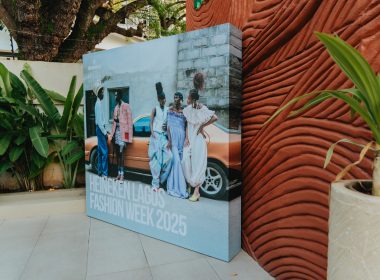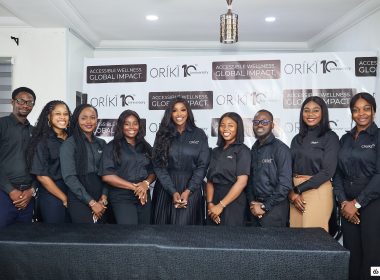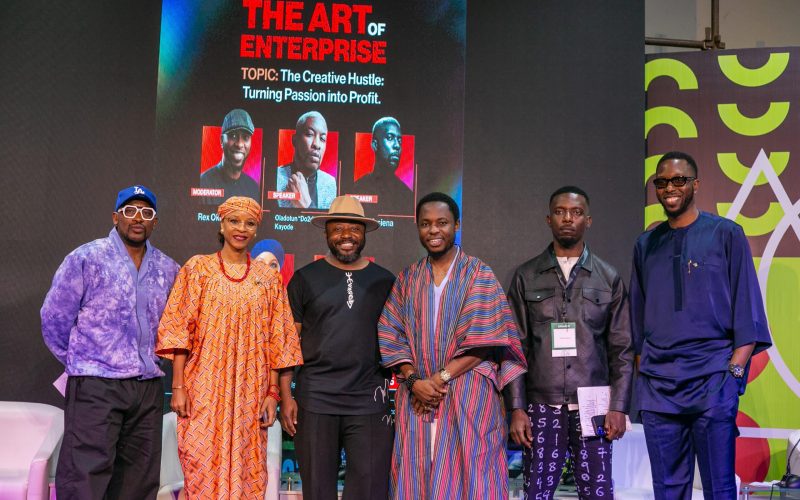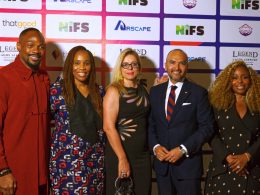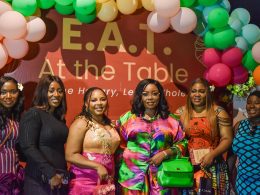The Business of Photography Conference (BOP) 2025 closed this week after five days of masterclasses, debates, and investment pitches that highlighted the transformation of photography from an artistic pursuit into a central driver of Africa’s creative economy.

Held under the theme “The Art of Enterprise”, The Business of Photography Conference 2025 underscored the increasing recognition of photography as both a cultural force and a business opportunity. Against the backdrop of Lagos’s growing reputation as the continent’s creative and financial hub, the conference explored how visual storytelling intersects with fashion, media, technology, and wellness—sectors where Nigeria’s youthful population is creating new industries and reshaping global narratives.
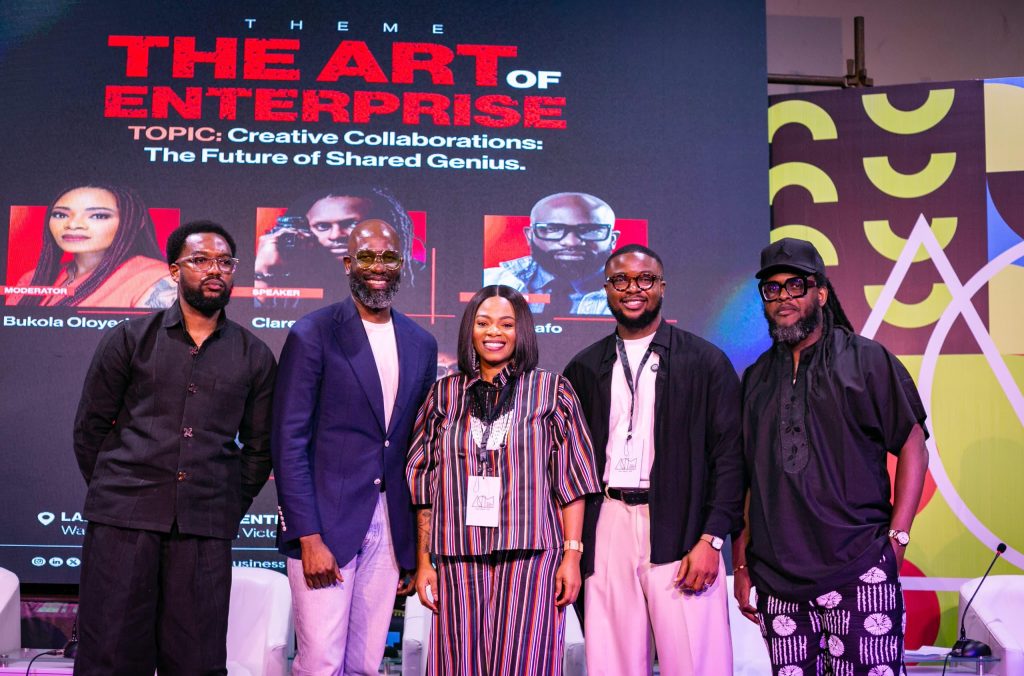
Photography as Business, Not Just Art
For decades, photography in Nigeria was viewed largely through the lens of artistry and documentation, with a focus on weddings, portraits, and cultural events. But the $100 billion global creative economy, and Africa’s bid to secure its share of it, is changing that perception.

“Photography is no longer a side hustle or an afterthought,” said Hon. Aisha Adamu Augie, one of the keynote speakers. “It is a business, a medium of influence, and an industry that can generate jobs and attract investment.”
Her words echoed throughout the conference as panelists emphasized that building a sustainable career in photography requires more than just talent behind the camera. It demands branding, financial literacy, cross-industry collaboration, and digital strategy—skills traditionally associated with entrepreneurship rather than the arts.
A New Playbook for Creative Entrepreneurship
One of the defining conversations at The Business of Photography Conference 2025 was how creatives can monetize their work without compromising artistic integrity. The panel “The Creative Hustle: Turning Passion into Profit” featured broadcaster Oladotun “Do2dtun” Kayode, documentary photographer Bayo Omoboriowo, and Aisha Augie-Kuta. Together, they dissected how photographers and visual storytellers can diversify income streams through commercial projects, brand collaborations, content licensing, and educational platforms.
Other sessions focused on purpose-driven entrepreneurship, led by figures such as Solape Akinpelu, CEO of Hervest, and Nkechi Eze of Aso Ebi Bella. Their central message: Africa’s creatives must build businesses that combine profitability with cultural impact. “It’s not enough to make beautiful images,” Akinpelu argued. “The question is whether your work creates value, builds communities, and drives sustainable income.”
The recurring theme of sustainability over hype was particularly resonant in a market where trends move fast. Veteran photographer Kelechi Amadi-Obi, alongside designer Lanre Da Silva, stressed that long-term success in the photography industry requires patient brand-building and investments in intellectual property, rather than chasing viral moments.
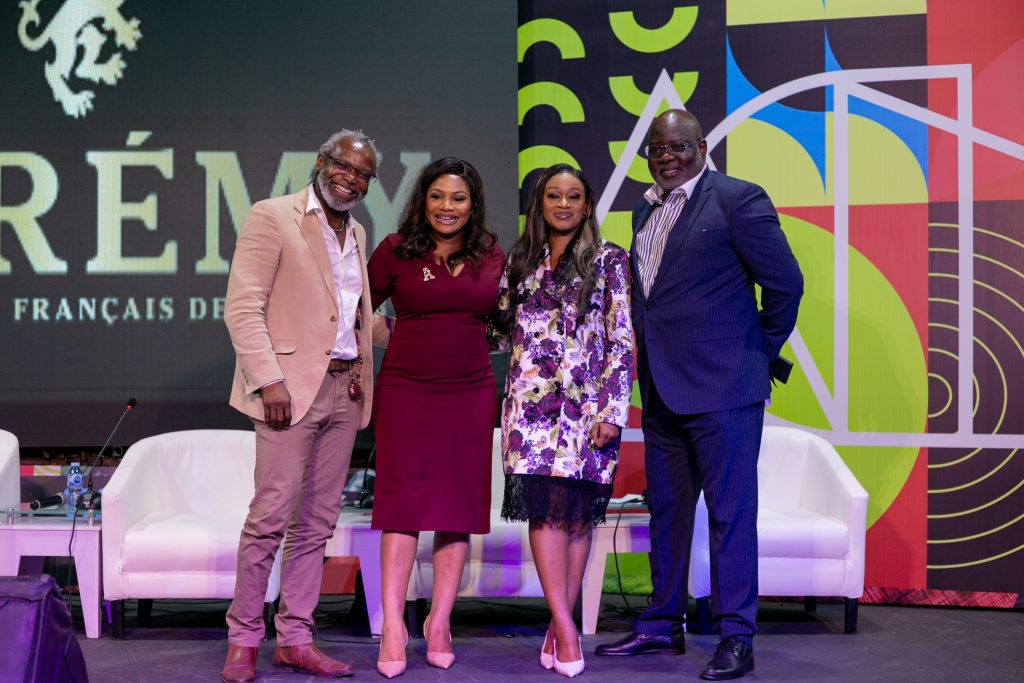
Lagos as a Hub for Africa’s Creative Economy
The choice of Lagos as host city was no accident. Nigeria’s commercial capital is positioning itself as the beating heart of Africa’s creative industries. The city is already home to Nollywood, a booming fashion industry, and a vibrant music scene. Photography, many argued, is the connective tissue binding these sectors together.
The DAP Experience Centre and the Landmark Event Centre, venues for the week, symbolized this fusion of artistry and enterprise. Landmark, which also hosted the Africa Creative Market (ACM), created a platform for cross-sector dialogue—bringing together not only photographers but also financiers, policymakers, and entrepreneurs.
Scott C. Eneje, who presented an international report on the Nigerian photography industry, described Lagos as “a test case for how African cities can integrate creative industries into mainstream economic planning.” He pointed to the growing interest of investors in creative startups, as well as the city’s youthful demographic—over 60% of Lagos’s residents are under 30—as an engine of demand for digital content.
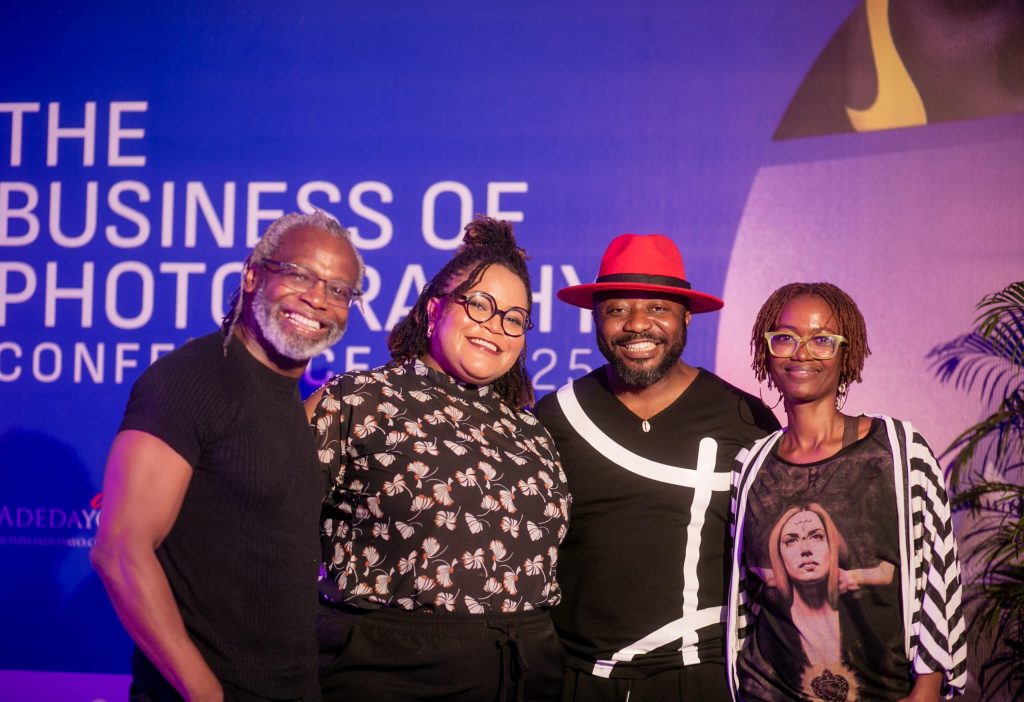
Masterclasses and Investor Engagement
If the conference’s panels provided inspiration, the Masterclass Series delivered practical tools. Workshops on branding, financial management, wellness, legal structures, and pitching were led by experts such as Nnenna Onyewuchi (Barefoot Strategist), Oyin Talabi, and Dayo Adedayo of DAP Experience Centre. Participants described the sessions as “mini-MBAs for creatives,” equipping them with frameworks to treat photography not just as a passion but as a scalable enterprise.
The Speed Pitch finale encapsulated BOP’s business focus. Nine innovators presented ideas ranging from digital content platforms to photo-tech solutions before an investor panel including Aderonke Osho (Utica Capital) and Fiyin Ogunlesi (Regal Stone Capital). While no deals were signed on the spot, the feedback and visibility highlighted photography’s potential to attract capital.
“Photography has always been about capturing moments,” said Collins Gilbert of Ventures Platform. “Now it’s about capturing markets.”
The Business of Photography Conference Building Beyond 2025
Convener Kola Oshalusi closed the event by emphasizing BOP’s long-term vision: to build an ecosystem where African photographers thrive globally. “BOP is not just about attending sessions; it is about applying what you’ve learned and building a future for the industry,” he said. “Our challenge is to ensure that what happens in Lagos resonates across Africa and the world.”
Business Development Manager Deborah Okoloigwe echoed this sentiment. “We wanted BOP 2025 to equip participants with practical skills and networks,” she explained. “What we’ve seen is proof that when creativity meets enterprise, whole industries can transform.”

The Business of Photography Conference: Why It Matters
The significance of BOP 2025 lies not only in its content but in its positioning of photography as a serious player in Africa’s creative economy. With global demand for digital content rising, Nigeria’s photographers are strategically placed to export talent and culture while building local industries.
For investors and policymakers, the message was clear: photography is more than an art form—it is a growth sector. By merging artistry with entrepreneurship, Lagos is charting a blueprint for how African cities can leverage creativity for economic development.
As the curtain falls on this edition, anticipation for BOP 2026 is already building. If this year proved that photography in Africa can be a business, next year will test how far that business can scale.

